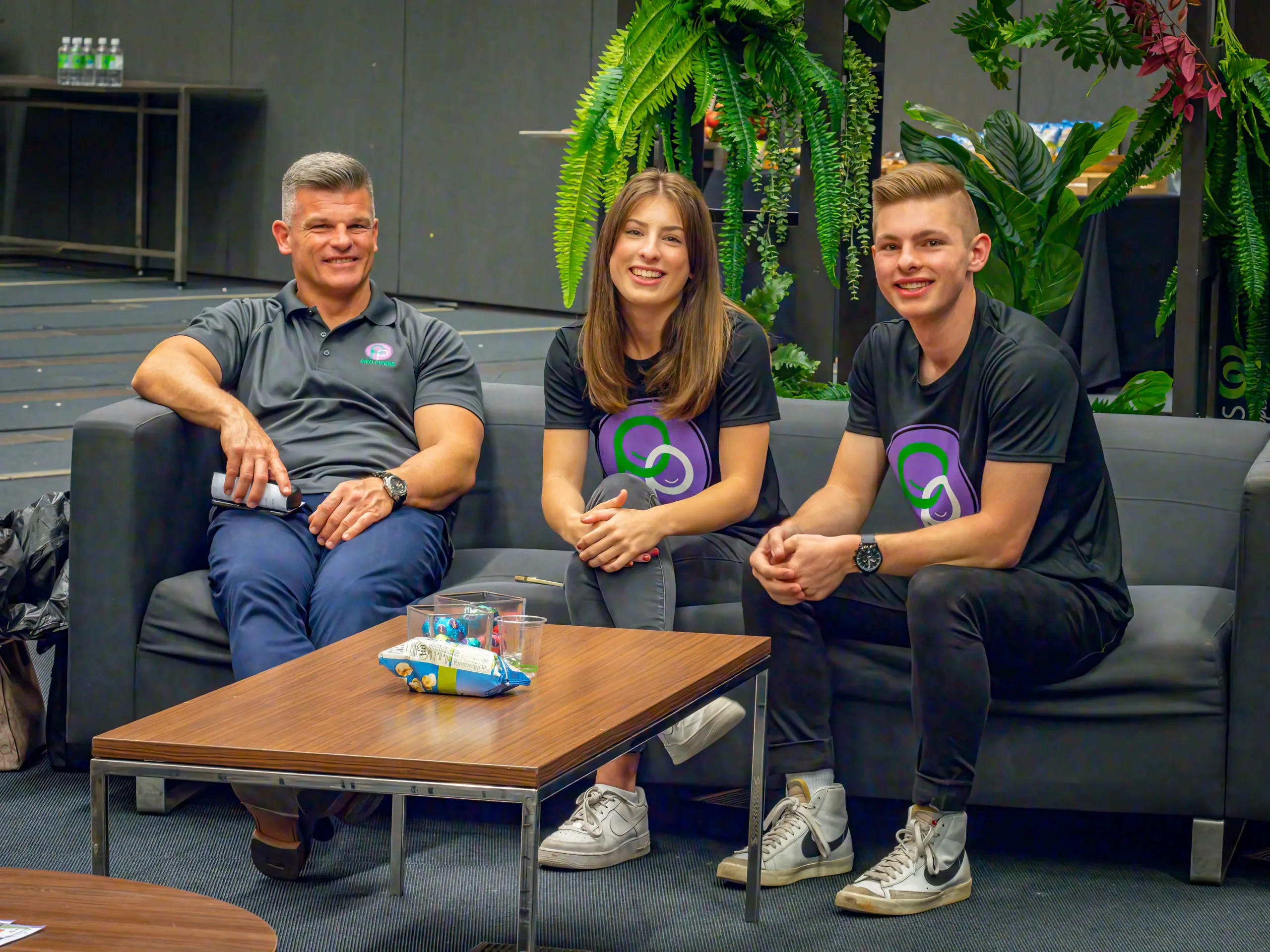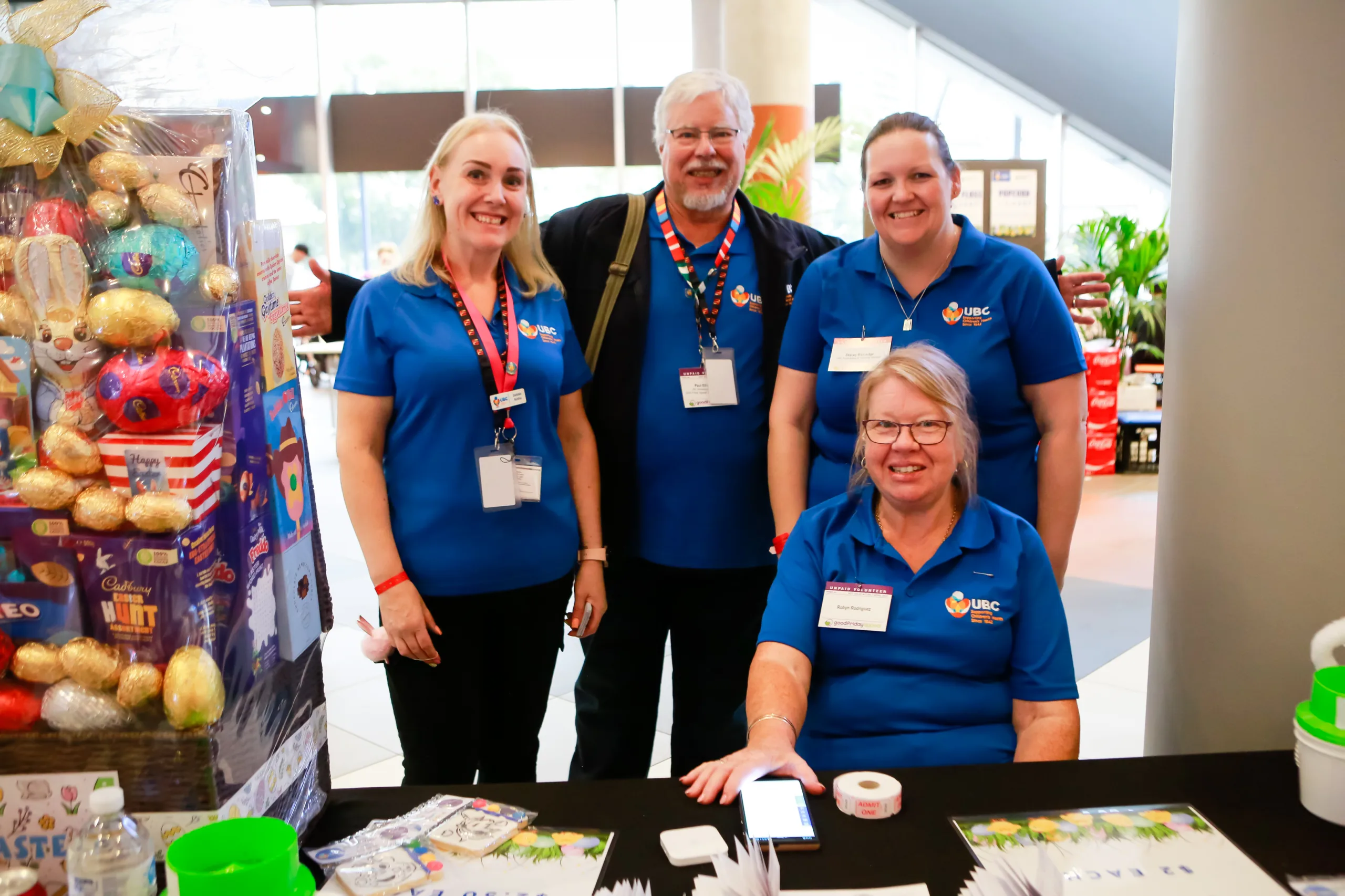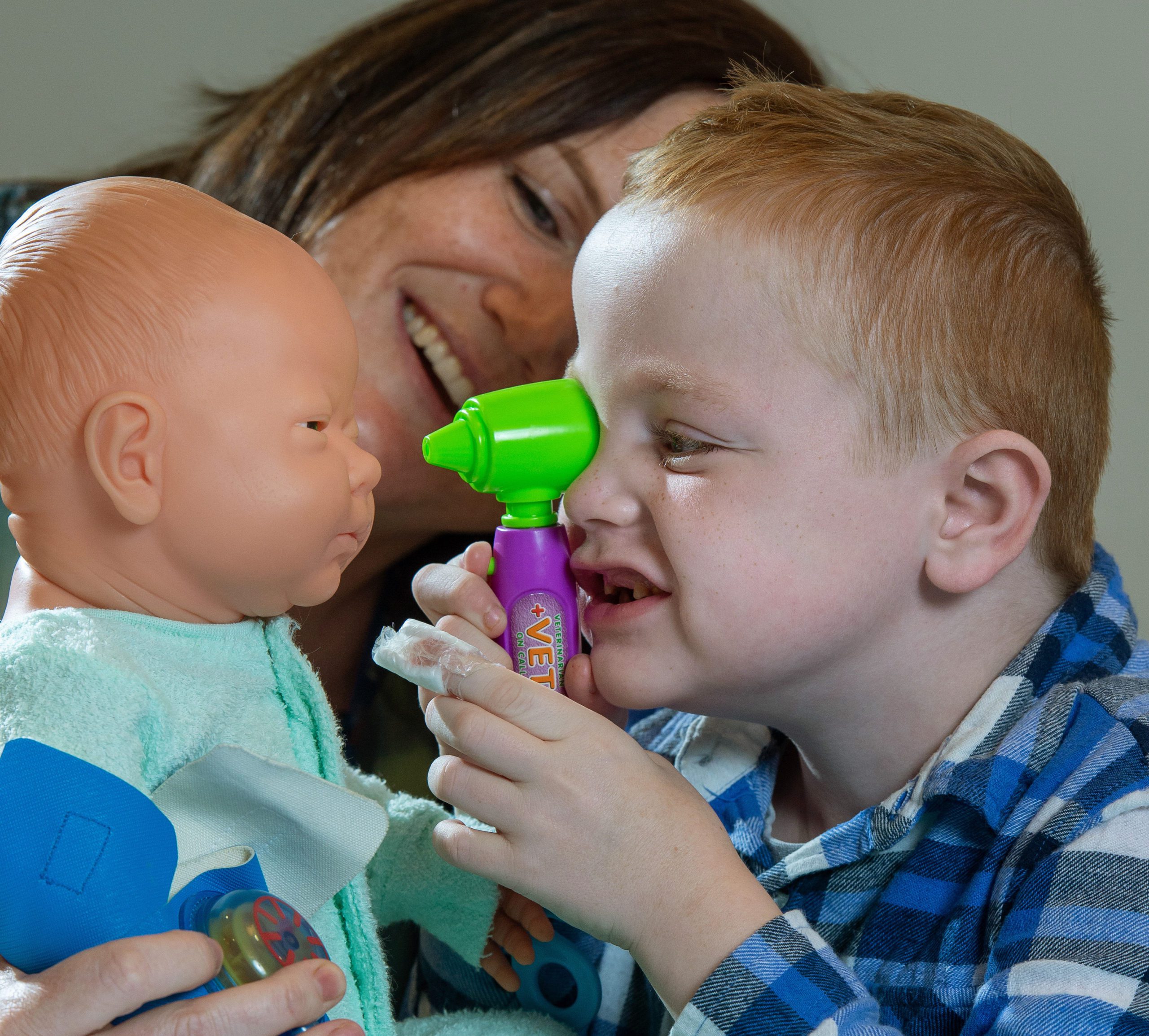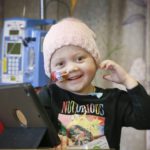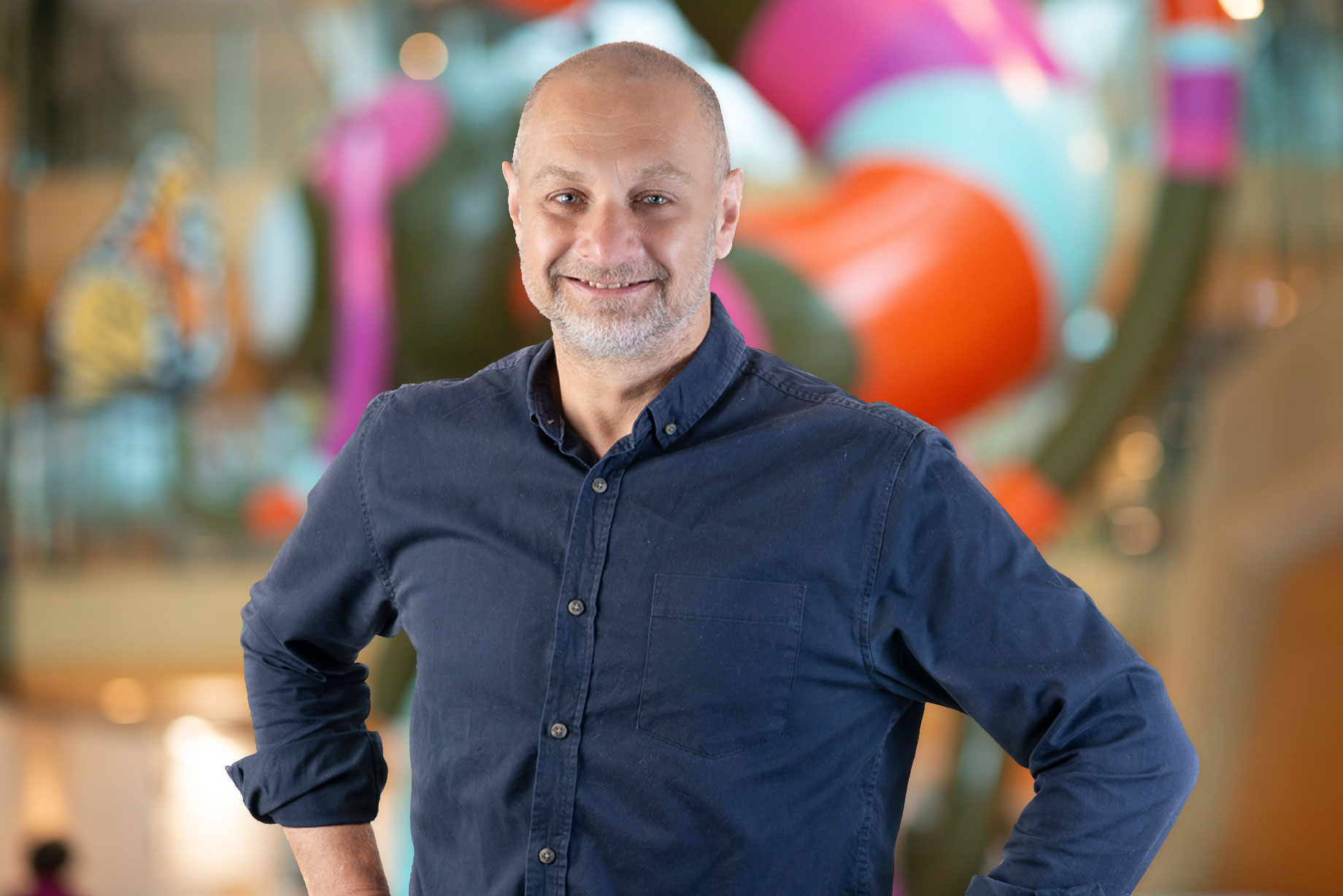
Clinician Scientist Fellowships
Clinician scientists at The Royal Children's Hospital have dedicated time to advance the care of sick children, thanks to the Good Friday Appeal.
The Royal Children’s Hospital (RCH) attracts the best medical minds from across the world to create a brighter future for children’s healthcare. Thanks to the Good Friday Appeal, the Clinician Scientist Fellowship Program offers clinicians protected and funded research time to find new cures, treatments and medications for the biggest health problems facing children. In any given year there are approximately 20 fellows at various stages of their five-year fellowship.
Professor Rick Leventer is one of the Clinician Scientist Fellows. As a paediatric neurologist, Rick sees patients with all types of neurological disorders and has particular research interests in genetic diseases of the central nervous system that affect how the brain develops during pregnancy and in the first years of life.
“Before the fellowship, I was doing most of my research in my spare time and after hours as it was a struggle to find the time to do it effectively whilst trying to balance all of my clinical duties,” said Rick.
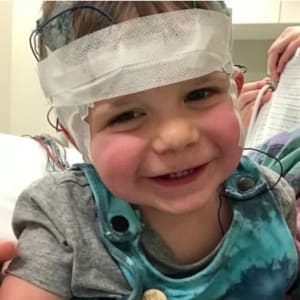
Thanks to your support of the Good Friday Appeal, Rick was able to further his work as both a clinician and scientist with protected time to focus on his research. Through the Clinician Scientist Fellowship, Rick is able to offer patients and families seen in his neuro-genetic clinic, including those with epilepsy, the opportunity to be part of research on early brain development, making direct impact on his patient’s care.
Part of Rick’s research involves analysing the brain tissue collected during a hemispherectomy – a surgery to disconnect or remove parts of the brain that are causing seizures – to find the cause of epilepsy.
“With the parent’s permission, some of the brain tissue that is removed is saved and snap frozen in the operating theatre. We then take it directly to the laboratory for genetic and microscopic analysis where we try and understand why the brain may have developed abnormally to cause seizures.”
Through the fellowship, Rick and his team have already made some exciting breakthroughs, including identifying specific nerve cells that carry a genetic error which trigger epileptic seizures. This has been a significant finding not only for medical professionals, but also to help families understand the cause of their child’s condition.
Rick’s discoveries are also important for the future of children’s health, creating opportunities for further research into precision medicine to target the genetic error and guide the best surgical approaches aimed at the smallest amount of tissue necessary to control seizures.
Rick is one of 20 fellows at the RCH who are able to mentor younger clinicians interested in research.
“The funds put in to support one clinician scientist are actually multiplied many times by the influence we can have on other researchers on campus,” said Rick.
Thanks to generous support from the Good Friday Appeal, the Clinician Scientist Fellowship program offers clinicians across the Melbourne Children’s Campus protected and funded research time to find new cures, treatments and medications for the biggest health problems facing children. It also nurtures the next generation of clinician researchers.
The program is unique. Few centres across the world can provide the same protected time for clinicians to engage in research. It supports individuals who are fluent in both science and medicine to ensure the translation of research into clinical care.
In 2024, six new fellows were appointed with their research studies spanning improving care for children with sepsis – a common and devastating condition that can result in organ damage and death, demonstrating the cost effectiveness of precise surgical intervention for drug-resistant epilepsy, and improving support for parents and carers to navigate end of life decision making.
Over the past two years, 25 fellows have also been supported with their research spanning new cancer treatments, reducing hospital admissions for young cancer patients with a fever, and understanding brain microstructures in child development to guide tailored treatments for mental health and attention difficulties, such as injury prevention.
Since 2016, fellows have written over 2,000 publications and secured over $70 million in further grant funding, thanks to support from the Clinician Scientist Fellowship program.
Last updated March 2025.

